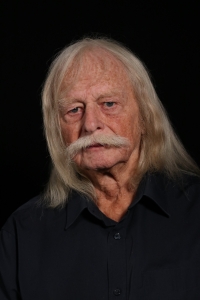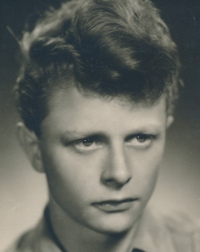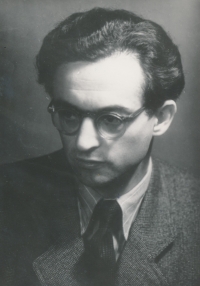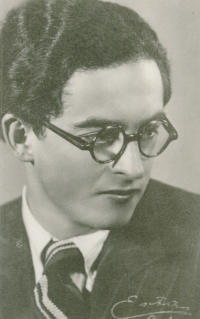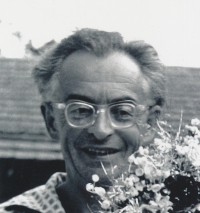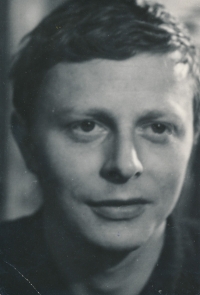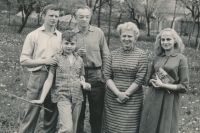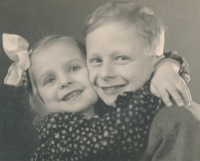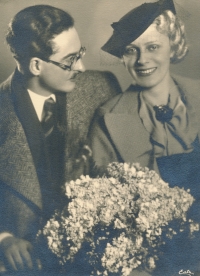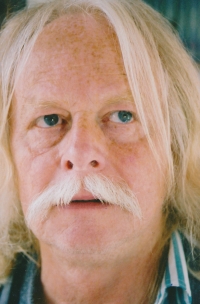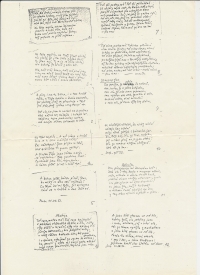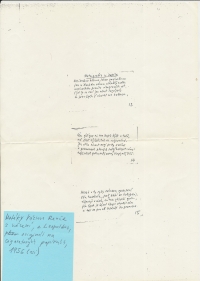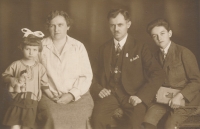„You‘re going to do the Tonight Show or you‘re going to the shovel.“
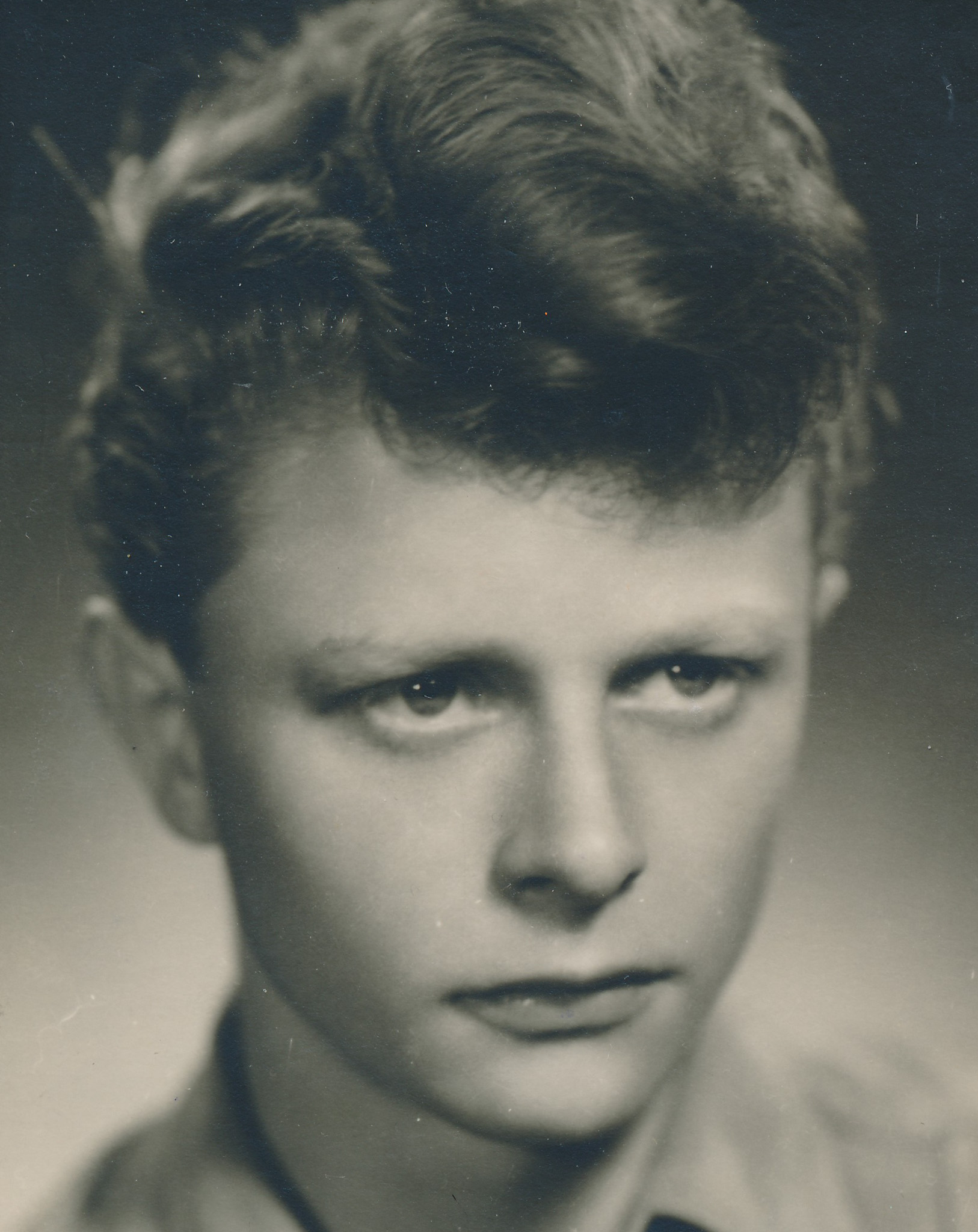
Stáhnout obrázek
Director Ivan Renč was born on 23 March 1937 in Prague, the son of Catholic intellectual, poet and playwright Václav Renč. During the Second World War, the family moved away from Prague because of the Nazi persecution of his father, and from 1943 lived in Fryšták, near Zlín. At the time of the rise of the Communists to power, Václav Renč worked at the Mahen Theatre in Brno. When he refused to join the Communist Party, he fell into disfavour and was arrested in 1951. A year later he was sentenced to twenty-five years in prison in a staged trial of Catholic intellectuals, the so-called Green International. He was not released until 1962. At the time of his father‘s trial, Ivan Renč was just finishing primary school and had no chance of getting into high school. He trained as a photographer, finished his grammar school studies at night and in 1957 enrolled at FAMU, majoring in cinematography. Although he did very well in the entrance exams, he was not accepted for personnel reasons and only got into the school on appeal, probably thanks to the intervention of his father‘s friend Jiří Trnka. At the end of his studies at FAMU, he started a family and after graduation he joined Jiří Trnka‘s studio as an assistant cameraman in Short Film. In 1969 he made his only feature film Hlídač (The Watchman), inspired by a short story by Karel Schulz, but also influenced by his feelings about his father‘s imprisonment. The finished film was banned in early 1970, before its theatrical release. Although Ivan Renč was allowed to stay on as a director at Short film, he could only work on Večerníčky („little bedtime stories“), made in the Ostrava studio, during the period of normalisation. After 1989, when Short film disbanded, he continued to work on animated films financed by private sources. However, he did not get another big film opportunity. All four of his children went on to careers in the arts. From his first marriage he has a daughter Veronika (1961), who was a child actress and now works as an artist and dance instructor, and a son Filip (1965), who is a film director. He has two children from his second marriage - sons Dominik (1978), a composer, and Benedikt (1982), a fashion photographer.
